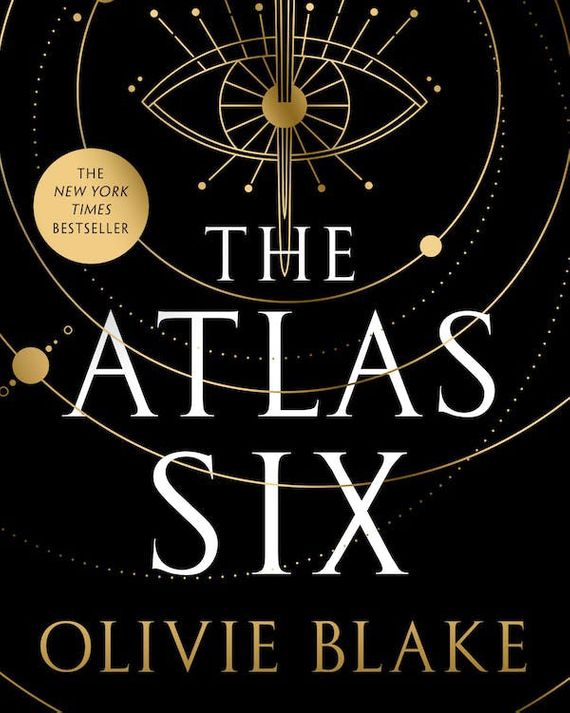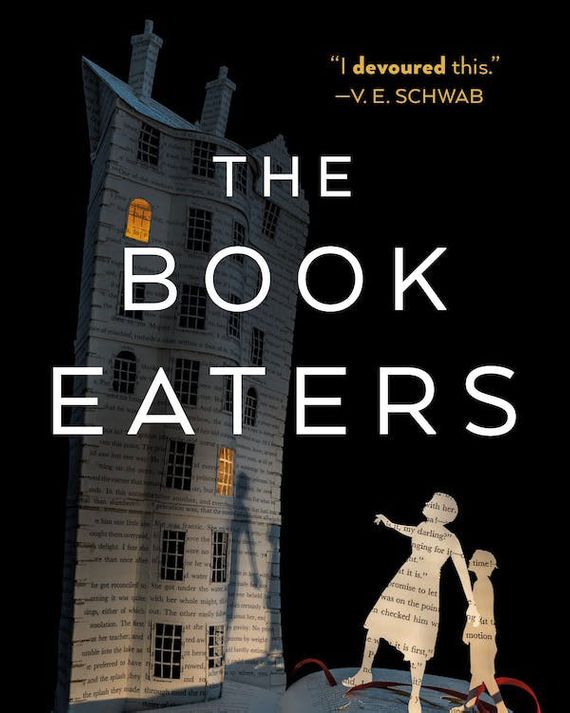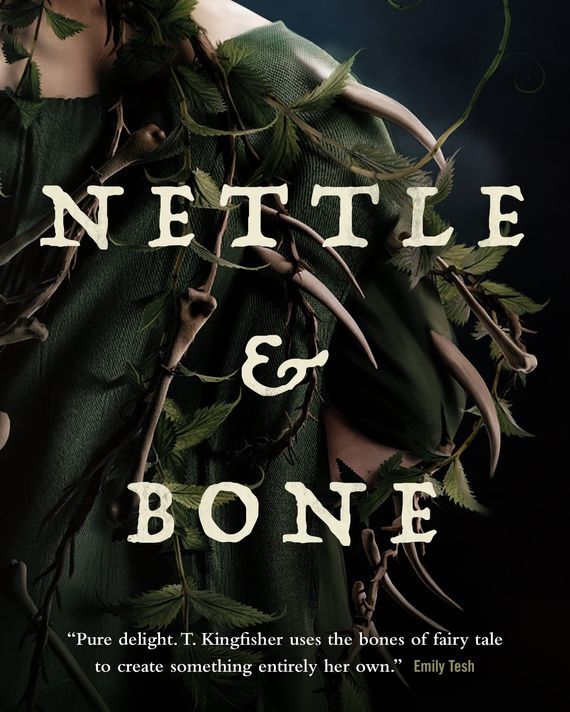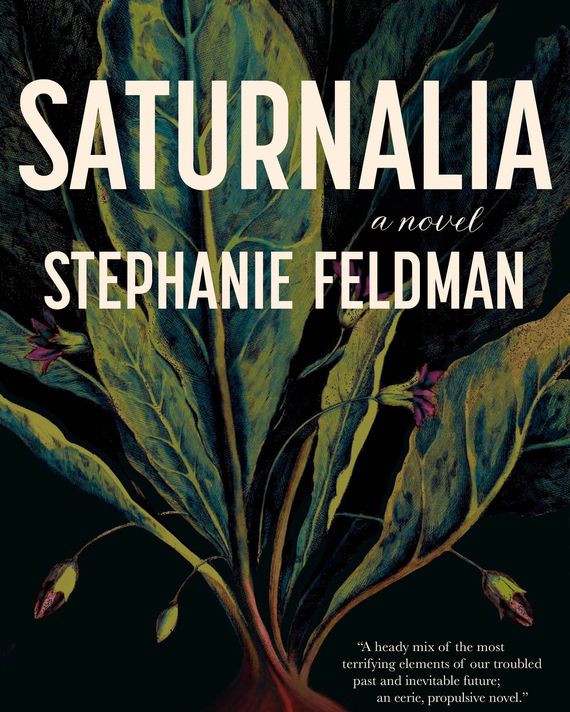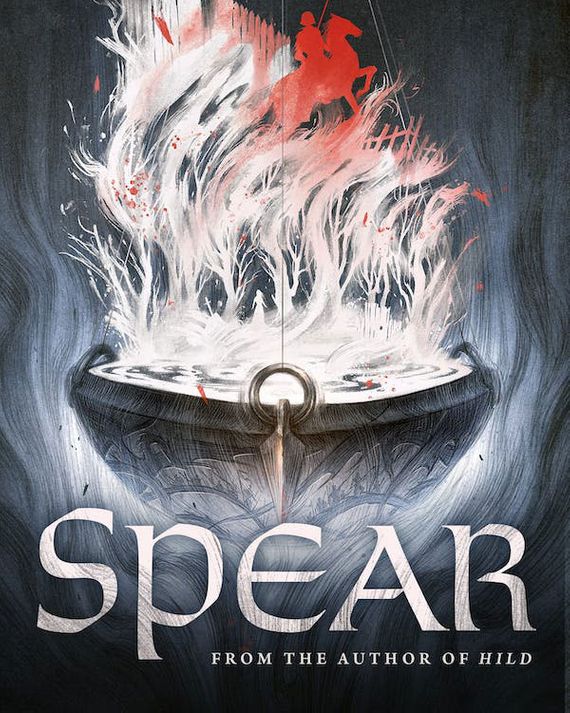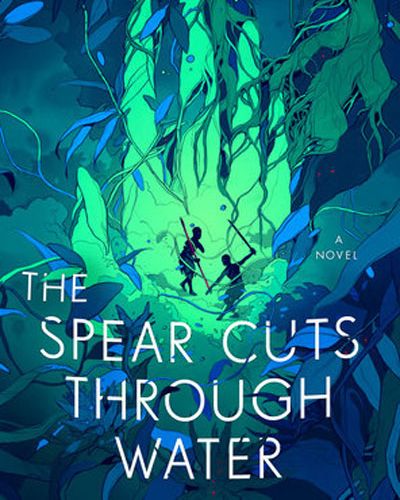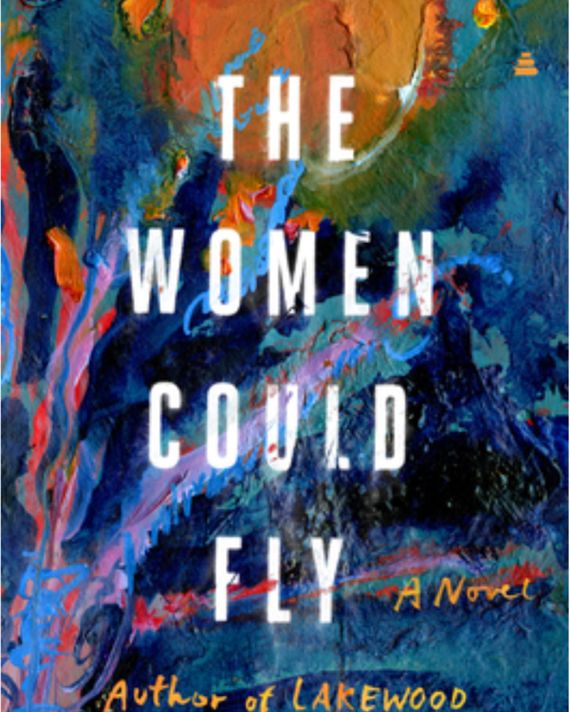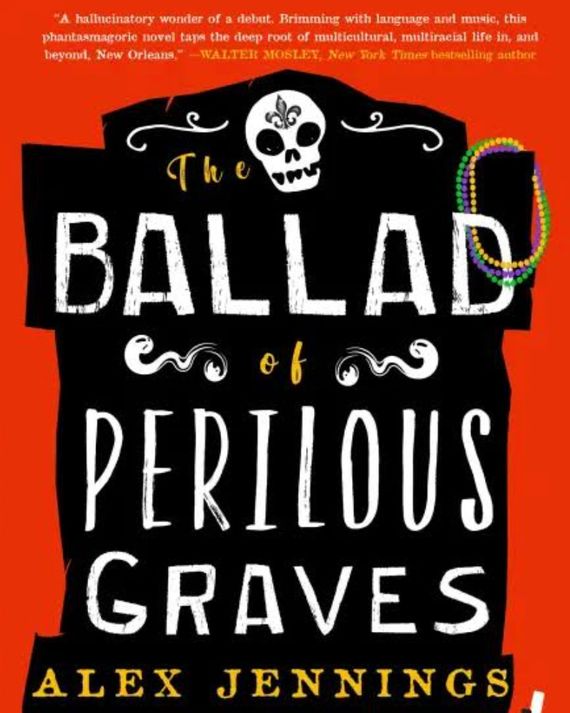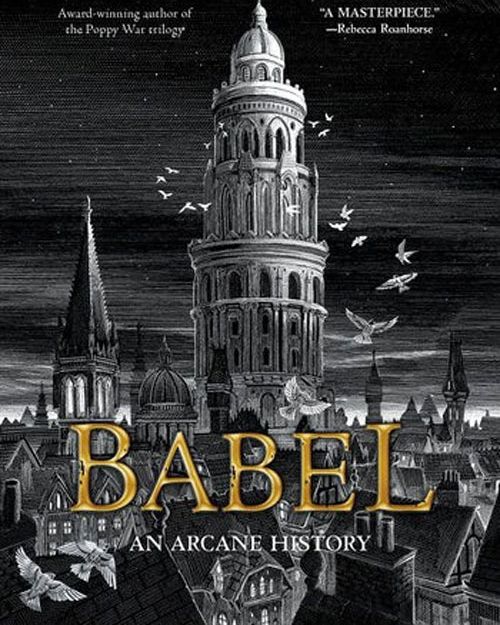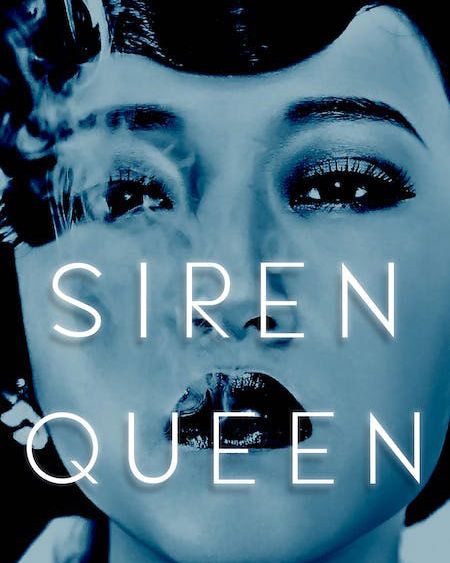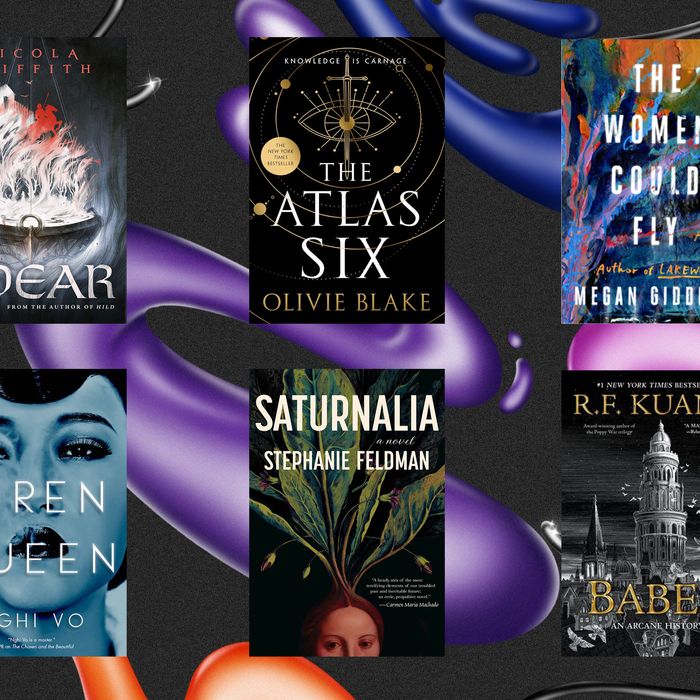
If, in the year of our Lord 2022, the phrase fantasy books evokes nothing but decades-old series of thousand-page sword-and-sorcery door stoppers set in slightly altered versions of medieval Europe, well, we’re thrilled to tell you that you have some catching up to do. Today’s fantasy fiction refuses to be constrained by the dominant cultural stereotype. There’s room for door stoppers, to be sure, but there’s so much more out there. The books on this list are the cream of this year’s crop, from dark academia to mythological retellings to epic journeys, set in alternate versions of our reality and in worlds completely foreign to us.
In the interest of covering the widest variety of books and authors, we’re not including sequels or series entries here, but 2022 was a rich year for those, too. Don’t miss A.K. Larkwood’s The Thousand Eyes (the second entry in her Serpent Gates series), N.K. Jemisin’s The World We Make (the second and final book in her Great Cities duology), Naomi Novik’s The Golden Enclaves (the final book of the Scholomance trilogy), and Tamsyn Muir’s Nona the Ninth (third in the Locked Tomb series).
10.
The Atlas Six, Olivie Blake
Olivie Blake’s runaway self-published #BookTok sensation turned traditionally published No. 1 New York Times best seller is the real deal. Equal parts Lev Grossman’s The Magicians and Donna Tartt’s The Secret History, the novel follows six magical adepts (called “medeians”) who have been chosen to compete for a spot in the ultra-elite, ultrasecretive Alexandrian Society, whose members are caretakers of the world’s lost knowledge. Five will be admitted, and the sixth — well, don’t worry too much about the sixth. The joy here is in sinking fully into these characters’ personalities, powers, quirks, foibles, assignations, and betrayals as they maneuver their way toward a place in the group. (Plus, we’re always a sucker for a good fantasy library.) It’s an immensely satisfying read, and if you love it, the sequel came out in October.
9.
The Book Eaters, Sunyi Dean
A reclusive family lives in self-imposed isolation on the Yorkshire moors: They are Book Eaters who live on pages and the stories they contain. But the Book Eaters are a dying breed, and their daughters are forced into arranged marriages in the interest of furthering the population. When Devon gives birth to a son, Cai, with a rare mutation — he eats not books but minds — she finds herself on the run from her controlling relatives, driven at all costs to protect her child and find a way to make a life for herself in the human world. This fantastical, often horrifying premise sets the scene for a remarkably nuanced exploration of the triumphs and sacrifices of motherhood (Devon must procure victims for Cai to subsist on even as she searches for a fabled drug that will allow him to live something closer to a normal life) and an affirming, if difficult, journey of self-determination as Devon comes into her own sexuality and agency.
8.
Nettle & Bone, T. Kingfisher
For those of us who grew up on a diet of a certain kind of ’80s and ’90s fantasy (think Patricia C. Wrede, Tamora Pierce, Terry Pratchett), tucking into a T. Kingfisher book feels a bit like coming home to a house you’ve long loved only to find that some industrious, careful soul has dismantled the building board by board, removed the dry rot and plugged the leaks, and reconstructed the pieces into something familiar, spectacular, and utterly surprising. This is the key, though: The feeling is the same. You already know all the individual components of Nettle & Bone: a plucky heroine whose family is in danger, an evil prince, a helpful(ish) witch, a fairy godmother, a disgraced knight, three impossible tasks, and not one but two delightful enchanted animals. But this isn’t a retelling; this is someone with a deep love for fantasy, folklore, and fairy tales picking the best parts from a smorgasbord of story elements and stitching them into something sparklingly original. Morbid but funny, cozy but with real danger at its heart, Nettle & Bone is the fairy tale this year needed.
7.
Saturnalia, Stephanie Feldman
A fascinating, genre-bending dystopian fantasy-thriller-ecohorror hybrid, Stephanie Feldman’s Saturnalia imagines a magical near-future Philadelphia studded with mysterious, mythologically connected secret societies and a populace that has bent back toward paganism as the world burns. On the feast of Saturnalia each year, debauched revelry is the order of the day. Nina, a fortune teller who removed herself from the elite ranks of the Saturn Club three years prior, undertakes a heist for a friend during the festival but finds herself drawn into a much darker, more dangerous plot before night’s end. Feldman builds an engrossing, upsetting vision of the future that’s at once grim and wondrous — a magical feat in and of itself.
6.
Spear, Nicola Griffith
Inclusive retellings of misunderstood figures of myth and folklore are very much in vogue right now, but vanishingly few of them are written by authors as talented as Nicola Griffith. She has been writing singular queer speculative fiction for 30 years now (when Ursula K. Le Guin says your debut novel has a “very interesting take on gender,” you’ve planted your flag early), and this short novel is as strong as anything she has written. Spear reimagines the legend of Percival, the Welsh Grail knight later supplanted by Sir Galahad, as the story of a nameless girl raised in isolation but called to adventure, romance, and glory. The book is steeped in research (but never weighed down by it) and told in prose as incisive and devastatingly beautiful as any we’ve read this year.
5.
The Spear Cuts Through Water, Simon Jimenez
Formally ambitious and imaginatively rich beyond wonder, Simon Jimenez’s sophomore novel is a marvel. On the surface, this is the story of two soldiers shepherding a dying goddess across a landscape populated by miracles, oddities, and monsters to bring down a tyrannical emperor. That alone would be enough, but Jimenez’s command of prose and playfulness of thought is used to incredible effect to show how oral traditions can transform a tale. The frame narrative (calling it a frame narrative is reductive, but it works for simplicity’s sake) is set generations later than the main story and shifts from recounted myth to immersive storytelling by way of a theater accessed through dreams; it’s a timeline that intersects with the main story in unexpected and magical ways. This book must be read to be believed.
4.
The Women Could Fly, Megan Giddings
Megan Giddings’s remarkable second novel takes place in an oppressively racist and misogynist totalitarian version of the United States that simultaneously fears, covets, and punishes women’s power. Witches are real, and any woman not married by 30 will have her autonomy curtailed by force under suspicion of witchcraft, especially if she’s not white. Jo — Black, bisexual, and 28— is at a crossroads. She’s staring down the deadline for marriage (to a man, of course) and haunted by the disappearance of her mother (a suspected witch), which happened when Jo was a teenager. But when new clues about her mother’s fate arise, Jo finds herself in the midst of a community unlike any she has ever experienced. It’s a harrowing and beautiful book, and Giddings never lets the immediacy of her subject matter overbalance her graceful storytelling and the deep humanity of her characters.
3.
The Ballad of Perilous Graves, Alex Jennings
Some of the best fantasy starts from a place of metaphor made literal. A visitor to New Orleans in our reality may observe that music seems to be the city’s lifeblood; in Alex Jennings’s exceptional urban-fantasy debut, the magic of song is quite literally the engine that keeps the phantasmagorical city of Nola alive. But some of the songs that form its foundation have escaped from the piano of Doctor Professor, Nola’s “haint” musician emeritus, and it’s up to a plucky and powerful set of young characters to track them down before the city crumbles around them. Just as Nola overflows with personified song, vivid art, zombie cabs, talkative nutria, sky trolleys, and floating graffiti, Perilous Graves is full to bursting with surreal ideas, gloriously unique characters, unapologetic Blackness, and a soul-deep love for New Orleans and its people.
2.
Babel, or the Necessity of Violence, R.F. Kuang
R.F. Kuang’s Poppy War trilogy made her an instant name in the fantasy world, and her first stand-alone novel once again shows us why. In Babel, the work of translation is the source of magic, which is in turn the source of the British Empire’s power. At Oxford, a team of young translators finds “match-pairs,” or words and phrases translated from one language to another. The gap in meaning or connotation between the two holds immense power, and the empire uses that power to maintain its stranglehold on the rest of the world. The protagonists are young people snatched from their homelands (China, Haiti, India) who were raised to support Britain but are coming into their own awareness about imperialism, academia, racism, and what revolutionary decolonization could look like in practice. Babel is not an easy read — Kuang isn’t here to hold your hand through your feelings about colonialism, and she doesn’t shy away from the ugliest pieces of imperialist history. Rather, she challenges us to actively engage with the story in a way that more casual readers may not be used to. But it’s worth it: Babel is a monumental work that rewards the effort you put into it.
1.
Siren Queen, Nghi Vo
In an alternate version of pre-Code Hollywood where aspiring actors often meet their end as fodder for the sinister ritual magic that powers the studio system, Luli Wei is determined to be a star. The odds, of course, are stacked against her as she’s a gay Chinese American woman, but driven by her ambition and willingness to play the studio heads’ dark game, she finds her breakout role: not as a heroine but a monster. Yet as she sinks further into the murk of the industry, risking her own soul in the process, Luli finds love — and a greater purpose if she can muster the strength to see it through. Coming hot on the heels of last year’s The Chosen and the Beautiful, a queer, immigrant reimagining of The Great Gatsby, Siren Queen establishes Vo as an uncommonly talented new voice in fantasy, one who writes from a place of anger, insight, and deep compassion.
